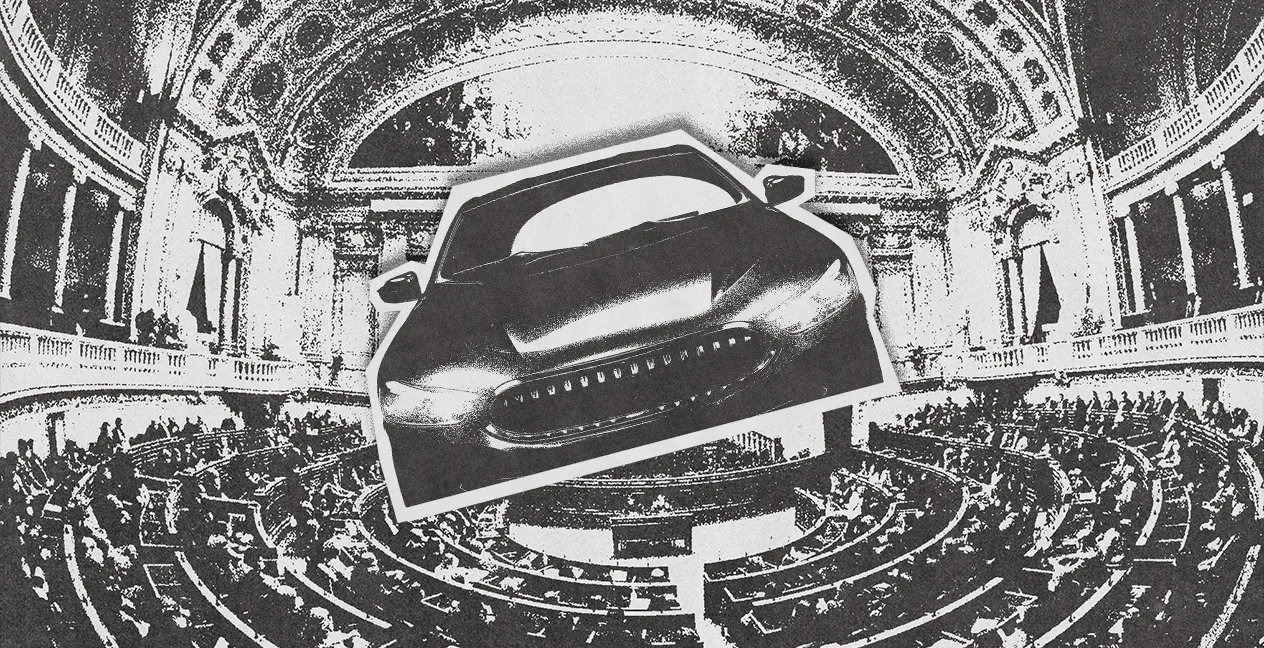
Created by Lucas Luís at Thursday, 27 November 2025
2026 State Budget approved. What impact will this have on the automotive sector?
The State Budget for 2026 has already been approved and introduces a set of changes with a direct impact on the automotive sector, both for private individuals and for companies. The changes focus mainly on the Single Circulation Tax (IUC), fleet taxation, and the stability of the rates applied to the Vehicle Tax (ISV) and fuel taxes. Although it does not represent a fiscal revolution, the 2026 State Budget introduces relevant measures for anyone who buys, uses or manages vehicles in Portugal.
New IUC calendar and option to pay in two instalments
The main change introduced by the 2026 State Budget is the new uniform payment date for the IUC. Instead of depending on the month of registration, the tax will now always be paid in February, simplifying management for thousands of taxpayers.
Another new feature is the option to split the payment into two instalments (February and October) whenever the amount exceeds 100 euros. This measure offers greater flexibility in financial planning, especially for vehicles with higher IUC costs.
The tax tables and calculation criteria remain unchanged, with no alterations to classes, brackets or base values.
Plug-in hybrids maintain their benefits in corporate fleets
The 2026 State Budget once again reinforces the relevance of electric vehicles. Plug-in hybrid cars approved under the Euro 6e-bis standard and with emissions up to 80 g/km continue to benefit from reductions in Autonomous Taxation applied to company expenses.
For fleet managers, the maintenance of these incentives provides predictability and the possibility of continuing to invest in PHEV models that meet these requirements, keeping the tax burden lower.
No increases planned for ISV and fuel taxes
Another important point is that the Budget does not include increases to the Vehicle Tax (ISV) nor immediate changes to the Tax on Petroleum Products (ISP). The tax burden associated with buying a car and refuelling remains stable for now.
This absence of increases allows families and companies to plan purchases and renewals more safely, without short-term surprises.
What was left out
Despite several proposals from the sector, the 2026 State Budget does not include:
Incentive programmes for scrapping old vehicles;
Structural changes to automotive taxes, such as the gradual transfer of the tax burden from ISV to IUC;
a deep reformulation of the rules for taxation based on CO₂ emissions.
For now, these ideas remain under discussion but are not part of the final approved version.






